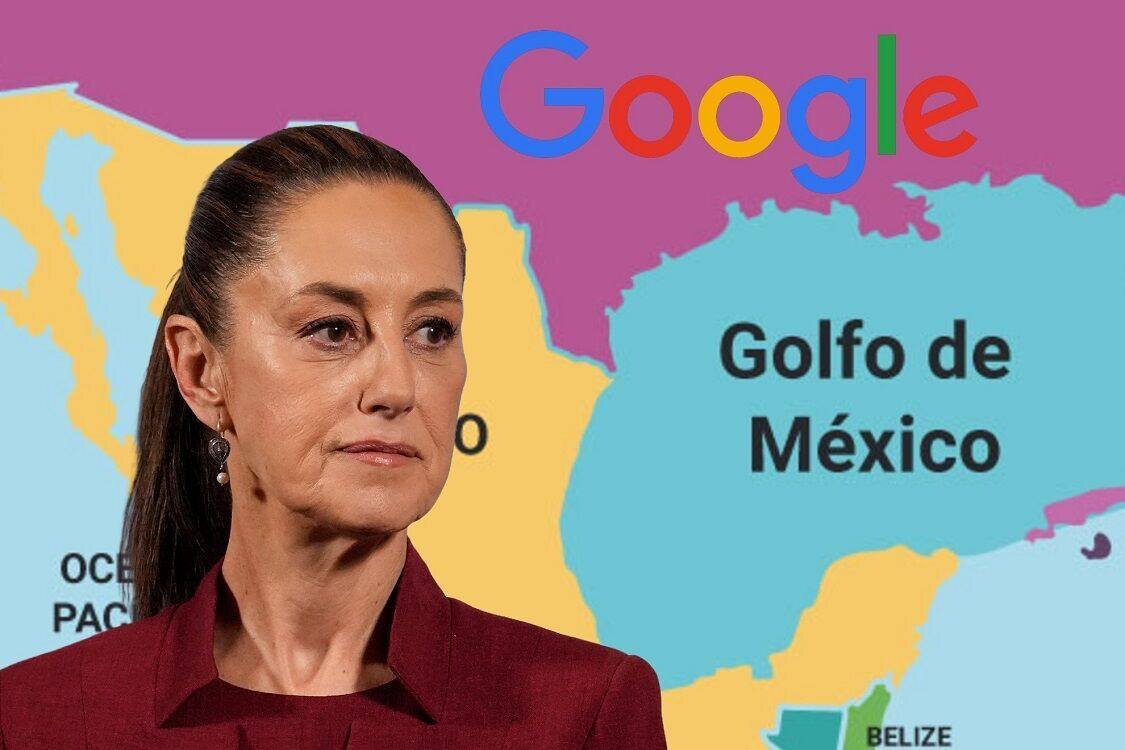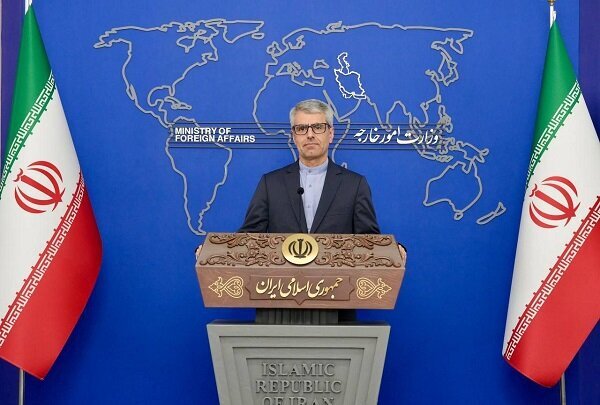Mexico Takes Legal Action Against Google for Controversial ‘Gulf of America’ Name Change
In a significant geopolitical move, Mexico is suing Google for allegedly disregarding multiple requests to revert the name of the Gulf of Mexico to its rightful designation, as it has been labeled the Gulf of America for users in the United States on Google Maps. This legal action was disclosed by Claudia Sheinbaum, the President of Mexico, as reported by the BBC.
The controversy surrounding the naming of this vital body of water has escalated, especially after recent political developments. On Thursday, the Republican-majority House of Representatives voted to officially endorse the renaming of the Gulf for federal agencies, a decision that has sparked further contention.
Former President Donald Trump initiated this naming dispute when he signed an executive order on his very first day in office in January. He argued that the name change was warranted due to the U.S. being primarily responsible for activities in the Gulf, stating, “we do most of the work there, and it’s ours.” This declaration has been a source of ongoing debate between the two nations.
However, Sheinbaum’s administration argues that Trump’s executive order applies exclusively to the U.S. segment of the continental shelf. The Mexican president emphasized, “All we want is for the decree issued by the U.S. government to be complied with,” asserting that the United States does not possess the authority to rename the entire Gulf.
Here are some key points regarding the situation:
- Legal Action: Mexico has formally initiated a lawsuit against Google for its handling of the Gulf’s name on its maps.
- Political Response: The U.S. House of Representatives, under Republican leadership, has voted to support the renaming of the Gulf.
- Trump’s Executive Order: The former president’s order called for the Gulf to be renamed, citing U.S. contributions as justification.
- Mexican Government’s Stance: Sheinbaum insists that the U.S. does not have the jurisdiction to enforce a name change on an international body of water.
The implications of this legal dispute extend beyond just a name. It touches on issues of national identity, historical context, and the relationship between the U.S. and Mexico. Geopolitical boundaries and names hold significant weight, often reflecting the power dynamics between nations. The Gulf of Mexico, a critical resource and a vital area for trade and marine biodiversity, serves as a backdrop for this ongoing dispute.
Historical Context: The Gulf of Mexico has been known by its current name for centuries, serving as a significant geographical and cultural landmark. The name change proposed by U.S. officials is viewed by many in Mexico as an attempt to undermine its historical significance.
Furthermore, the naming of geographical features has often been a contentious issue globally. It can denote control and ownership, leading to disputes like the one currently unfolding. The case against Google highlights how technology and digital mapping have become intertwined with national and cultural identities.
In addition to the legal implications, there are also economic factors to consider. The Gulf of Mexico is essential for fishing, tourism, and energy production, making it a critical asset for both Mexico and the United States. Thus, the naming dispute could have far-reaching effects on economic relations between the two countries.
As the situation develops, it will be essential to monitor the reactions from both governments, as well as public sentiment in both nations. The outcome of this lawsuit may set a precedent for how similar disputes are handled in the future, particularly in an era where digital platforms play a significant role in shaping public perception.
In conclusion, the lawsuit filed by Mexico against Google regarding the naming of the Gulf of Mexico underscores the complexities of international relations in the digital age. As both governments navigate this sensitive issue, the implications for national identity, cultural heritage, and economic collaboration remain at the forefront of this unfolding narrative.






